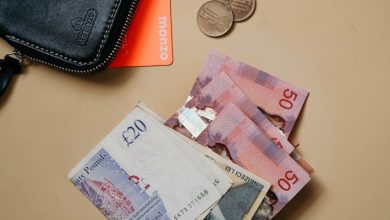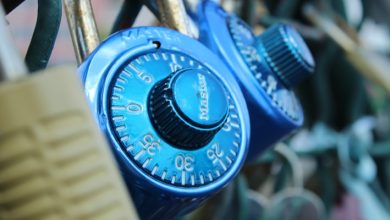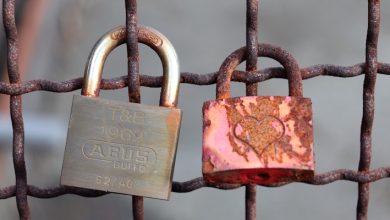Common Mistakes to Avoid for Better Cryptocurrency Security

- Using weak passwords
- Neglecting two-factor authentication
- Ignoring software updates
- Storing all cryptocurrency in one place
- Clicking on suspicious links or emails
- Sharing private keys or passwords
Using weak passwords
One of the most common mistakes people make when it comes to cryptocurrency security is using weak passwords. When creating an account or wallet for their digital assets, many individuals opt for easily guessable passwords such as “123456” or “password.” This makes it incredibly easy for hackers to gain unauthorized access to their accounts and steal their funds.
It is crucial to use strong and unique passwords for each of your cryptocurrency accounts to minimize the risk of a security breach. A strong password should be at least 12 characters long and include a mix of letters, numbers, and special characters. Additionally, refrain from using any personal information such as your name, birthdate, or address in your passwords.
To further enhance the security of your accounts, consider using a password manager to generate and store complex passwords for you. This way, you can ensure that each of your passwords is unique and nearly impossible for hackers to crack. Remember, the strength of your password is the first line of defense against unauthorized access to your cryptocurrency assets.
Neglecting two-factor authentication
One common mistake that many cryptocurrency users make is neglecting the importance of two-factor authentication (2FA). Implementing 2FA adds an extra layer of security to your accounts, making it much harder for hackers to gain access. By requiring users to provide two different forms of identification before granting access, 2FA significantly reduces the risk of unauthorized access.
Unfortunately, some users choose to forego 2FA because they find it inconvenient or time-consuming. However, the extra security it provides far outweighs any minor inconvenience. It is essential to prioritize security when dealing with cryptocurrency, as the consequences of a security breach can be catastrophic.
When setting up 2FA, make sure to use a secure method such as a hardware token or a reputable authenticator app. Avoid using SMS-based 2FA, as it is less secure and can be vulnerable to attacks. Additionally, regularly review and update your 2FA settings to ensure that your accounts remain secure.
Ignoring software updates
One common mistake that many cryptocurrency users make is ignoring software updates.
By failing to regularly update your cryptocurrency software, you could be leaving your digital assets vulnerable to security breaches and hacks.
Software updates often include important security patches and bug fixes that help protect your funds from potential threats.
It is crucial to stay informed about the latest updates and make sure to install them promptly to ensure the security of your cryptocurrency holdings.
Storing all cryptocurrency in one place
One common mistake to avoid for better cryptocurrency security is storing all your digital assets in one place. It may seem convenient to keep everything in a single wallet or exchange account, but this can make you more vulnerable to hacking and theft. If a cybercriminal gains access to your one account, they can potentially wipe out all your holdings in one fell swoop. To mitigate this risk, consider diversifying your holdings across multiple wallets and exchanges. This way, even if one account is compromised, the rest of your assets will remain safe.
Clicking on suspicious links or emails
One common mistake to avoid for better cryptocurrency security is clicking on suspicious links or emails. Hackers often use phishing techniques to trick individuals into revealing sensitive information or gaining access to their cryptocurrency accounts. By clicking on these links or emails, you could unknowingly download malware onto your device or be taken to a fake website designed to steal your login credentials.
It is important to stay vigilant and exercise caution when receiving unsolicited emails or messages with links. Be wary of any communication that asks for your personal information or login details. Instead of clicking on the link directly, verify the sender and the legitimacy of the email or message through other means.
By avoiding clicking on suspicious links or emails, you can protect yourself from falling victim to phishing scams and enhance the security of your cryptocurrency assets.
Sharing private keys or passwords
Sharing private keys or passwords is one of the most common mistakes that can compromise the security of your cryptocurrency holdings. When you share your private keys or passwords with others, you are essentially giving them access to your digital assets. This can lead to unauthorized transactions, theft, or loss of funds.
It is important to keep your private keys and passwords secure and confidential at all times. Avoid sharing them with anyone, including friends, family members, or even trusted individuals. Remember that the security of your cryptocurrency wallet depends on the secrecy of your private keys and passwords.
If you suspect that your private keys or passwords have been compromised, it is crucial to take immediate action to protect your funds. Change your passwords, create new private keys, and transfer your assets to a new wallet if necessary. By being proactive and vigilant, you can prevent unauthorized access to your cryptocurrency holdings and ensure their security.



